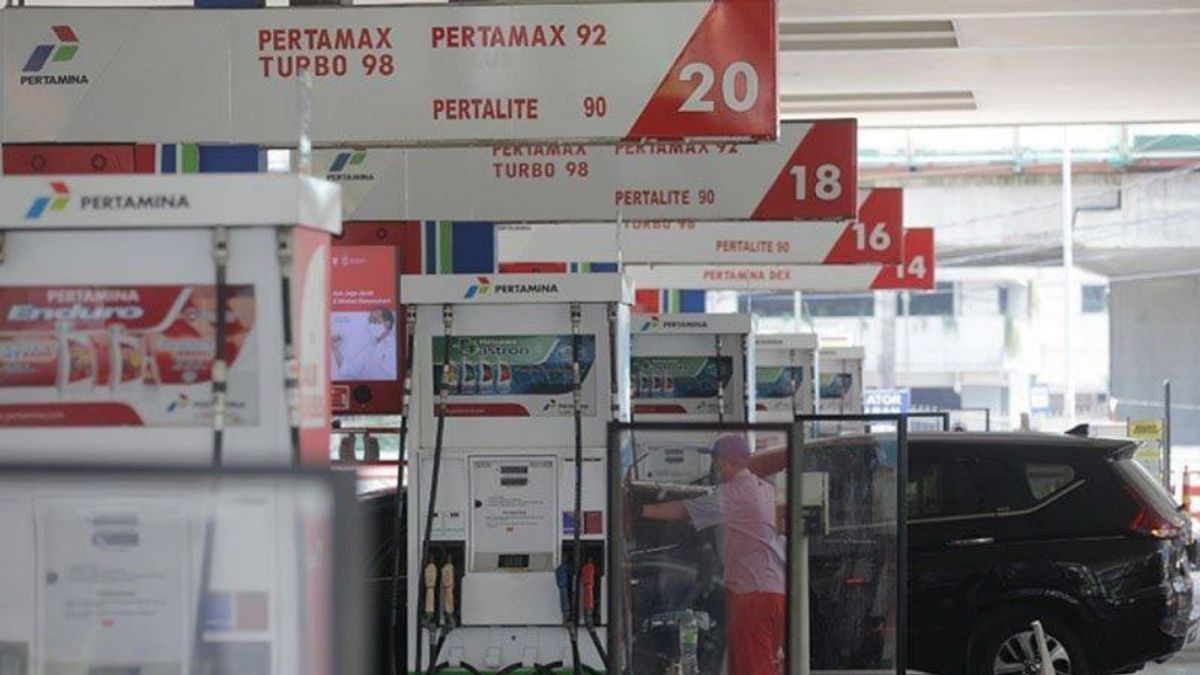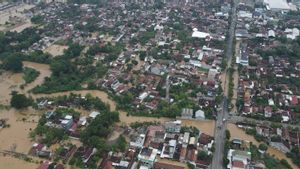JAKARTA - Executive Director of the Center for Energy Policy M Kholid Syeirazi assesses that PT Pertamina (Persero)'s efforts to make efficiency in all business lines, both in holding and subholding, from upstream, processing, to downstream, are appropriate.
"I think it's good, this efficiency allows Pertamina to survive in the midst of geopolitical disruption. In fact, because of this efficiency, Pertamina's profit can increase compared to the previous year," said Kholid as quoted by Antara, Tuesday, June 21.
According to him, the most important effort that must be made by the oil and gas SOE is to carry out digitalization-based efficiency in the upstream and downstream sectors because it can cut costs without compromising business expansion.
Kholid added that efficiency is related to the life force of the corporation, so that Pertamina can carry out its business functions well, while also carrying out the assigned state duties.
"Both roles are equally important. Because it is the duty of the state to provide for the livelihood of many people," he said.
According to Kholid, Pertamina should focus on the processing and downstream sectors, especially in the refinery, trading and distribution sectors because all three need a lot of improvement.
On the other hand, he added, the public must be wise in using fuel oil (BBM) and LPG, both subsidized and non-subsidized.
The public must be aware that the current conditions are very difficult, moreover Pertamina and the government of course have limits on the ability of subsidies.
In addition, he continued, subsidies must also be right on target, namely those who are able to be asked not to use subsidized fuel and LPG.
Previously, Pertamina strengthened its financial strategy and operational efforts to improve efficiency in all business lines, both holding and subholding starting from upstream, processing to downstream amid the challenges of soaring crude oil prices.
This policy was developed in various business policies and strategies from both a financial and operational perspective as an effort to face the challenges of a significant increase in world oil prices.
The English, Chinese, Japanese, Arabic, and French versions are automatically generated by the AI. So there may still be inaccuracies in translating, please always see Indonesian as our main language. (system supported by DigitalSiber.id)













